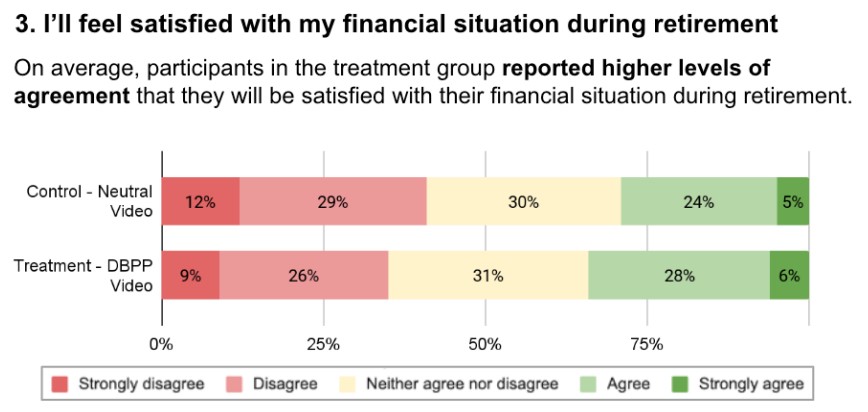
How many Canadians think they can retire comfortably?

Long-term employment does not guarantee comfortable retirement for many workers, based on findings from a recent study.
That’s because financial stress is still the top worry for workers aged 40 to 60, according to Healthcare of Ontario Pension Plan (HOOPP).
Finances eclipse health concerns (39%), worries about relationships or family issues (37%) and work- or school-related stress (37%) in the list of top stressors for these workers.
This is the case for full-time workers between the ages of 40 and 60 who are members of a defined benefit (DB) pension plan. However, workers with a DB pension plan report 9% higher financial well-being and 10% lower financial stress than those without a pension.
“Stress – including stress about your financial situation – is a key factor influencing both physical and mental health,” says Ivana Zanardo, HOOPP’s head of plan services. “This new research also suggests women in the workplace are experiencing higher levels of financial stress and lower levels of financial well-being than men.”
Most Canadians are afraid they may not have enough cash saved up for life after work. In fact, 61% of Canadians fear running out of money in retirement, according to a previous CPP Investments report.
Also, those with DB plans are more likely to say that they will be satisfied with their financial situation during retirement and that they will be able to meet their financial needs in retirement than those who don’t, according to HOOPP’s survey of more than 2,800 participants.

Overall, the differences in attitudes and expectations toward retirement are “small but meaningful, demonstrating that reminding people about the advantages of their pension has an immediate impact on their perceptions of retirement,” says HOOPP in its report.
Amid Canadians’ worries about saving for their post-work life, contributions to registered retirement savings plans (RRSPs) are on track to hit a record high this year, according to a previous report.
Stephanie Twidale, client director at Hymans Robertson Personal Wealth, notes that arming workers nearing retirement with financial know-how is essential for employers to ensure that their workers will have a good retirement life.
“Financial education and guidance can empower employees to take control of their financial future and reduce anxiety,” she says.
This can be done in a number of ways, she says:
The majority of employees state that their financial advisor helps them balance enjoying life today while saving for retirement, according to a previous report from IG Wealth Management.